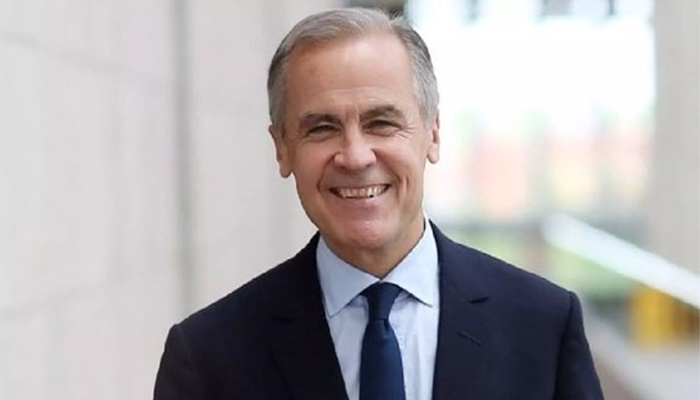Concerns about workplace culture in India’s IT industry are rising again, this time focusing on non-resident Indian (NRI) managers who handle teams from abroad. Employees working in Indian offices say that while they do most of the ground-level work, they often feel sidelined or talked down
Such complaints are not new in the technology sector. Many workers have spoken about how bias in assignments, favoritism in promotions, and pressure from overseas teams make their work harder. But now, some professionals feel that the issue of NRI managers deserves more attention.
This frustration came up recently in a discussion on the popular subreddit r/IndianWorkplace. A user started a post describing how NRI managers often display what they called “a supremacist attitude.”
According to the post, these managers look down on people who do not have degrees from top institutes like IIT or IIM and treat those working from India as mere assistants. The Redditor added that important or “cool” projects are usually handed over to a small circle of favourites, leaving the rest of the team demotivated.
The post quickly gained traction, with other users sharing similar experiences. One commenter wrote, “Yup exactly the client developers who oversee our project are NRIs, whilst everyone is working to make the product better they have this bossy attitude, sometimes they’d ask to implement something in their manner, even the developer knows it will cause issues but he would still do it otherwise they would take it on their ego and won’t approve PRs.”
Another user argued that the root of the problem lies in visa policies and overseas staffing structures, “The only way forward is to totally remove this temp visa allotment. This whole system of passing toxicity down the hierarchy would be curbed down. It starts from the up top.”
The comments reflect a wider worry in the IT sector that offshore employees often lack the power to push back against decisions made by overseas managers, even when those decisions may harm the project.
As global teams become more connected, employees say it is important to address these cultural and structural issues to ensure fair treatment and smoother collaboration.




















